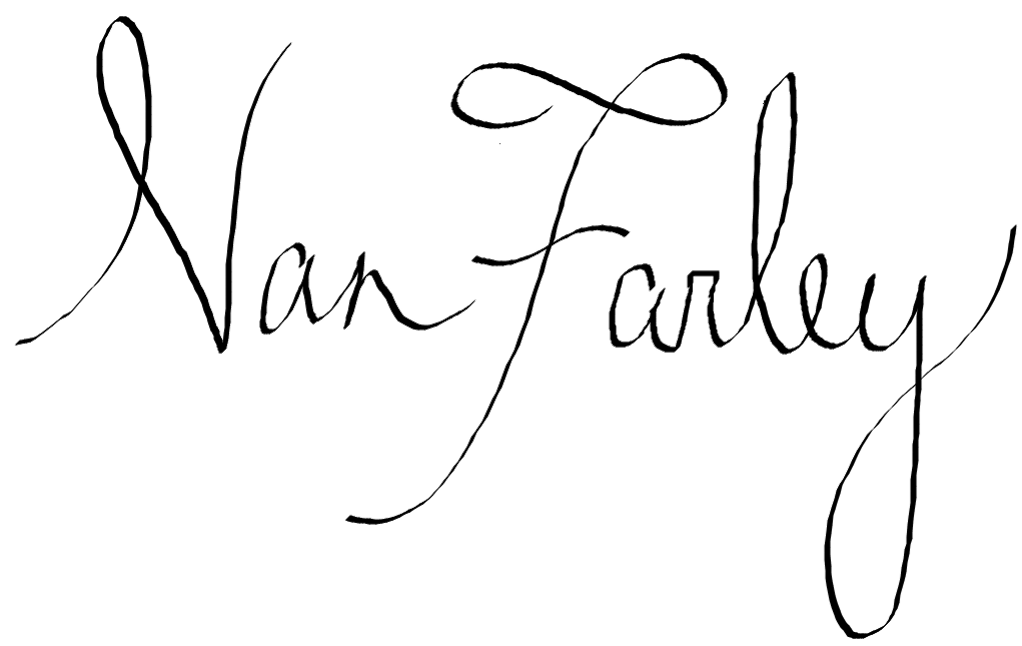A bit heavy but hopefully inspirational, I wanted to share my thoughts, some statistics and research on the context that created my desire to work for long-lasting change professionally.
Most of my life…
- The US launched and continues to be involved in the war in Afghanistan (17 yrs, at least 31,000 civilian deaths).
- Climate change has been a known and discussed issue (Inconvenient Truth, 2006 – but the gov knew in the 70’s) yet the statistics on the NASA website today were:

- Income inequality and wealth disparity consistently widens (CBPP).
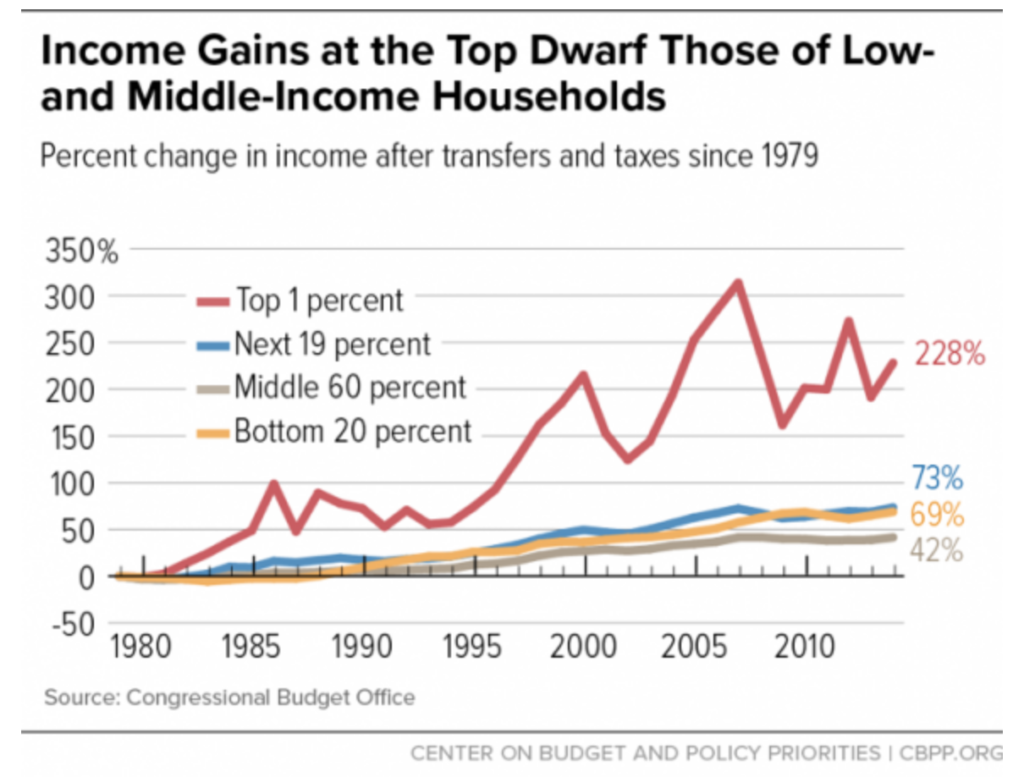
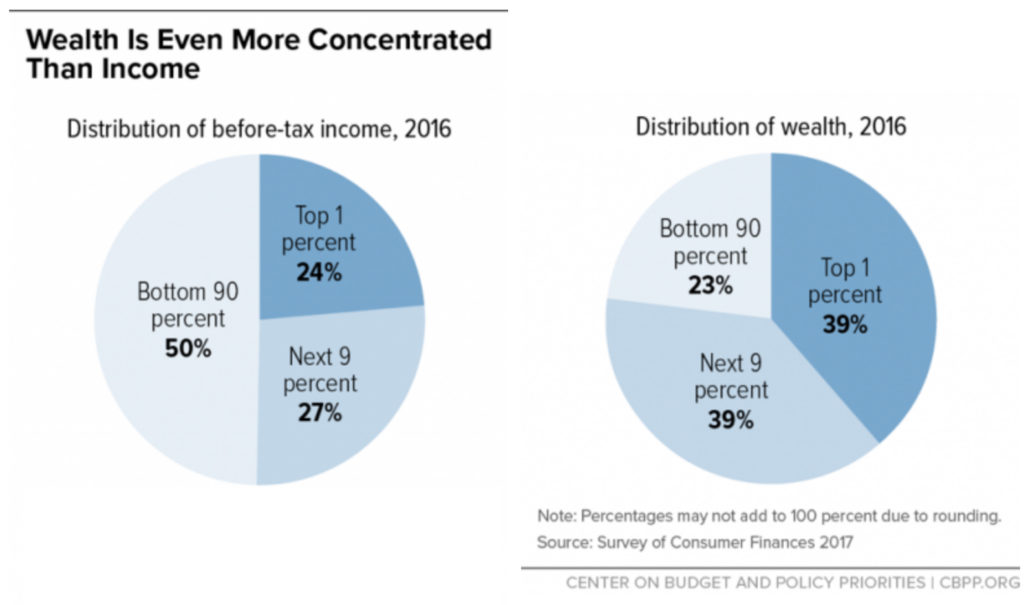
- Childhood obesity in the US continues to grow (13.7 million children/adolescents in 2016) and diabetes too:
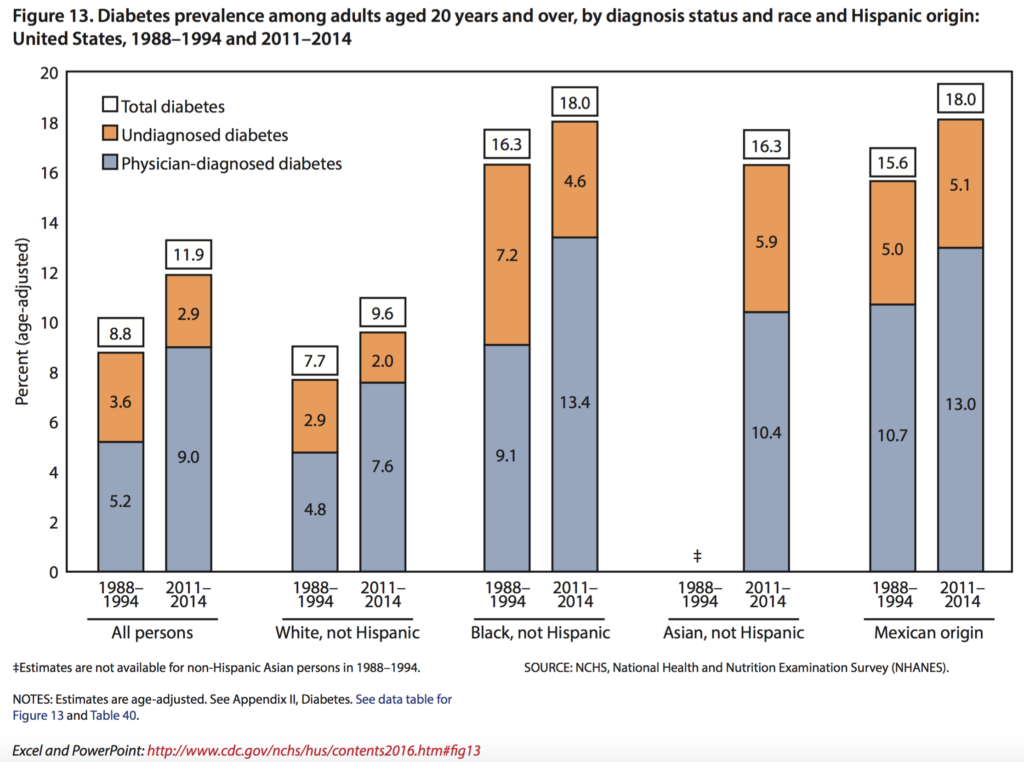
- Human trafficking is estimated to have risen 35.7% IN THE US from 2015-2016 (Polaris, the human trafficking hotline).
And many more equally important maladies that have not been properly addressed by previous generations.
Out of Office
Here’s a general breakdown of the main activities that take up a day (assuming you don’t overwork, commute less than average, and sleep well):
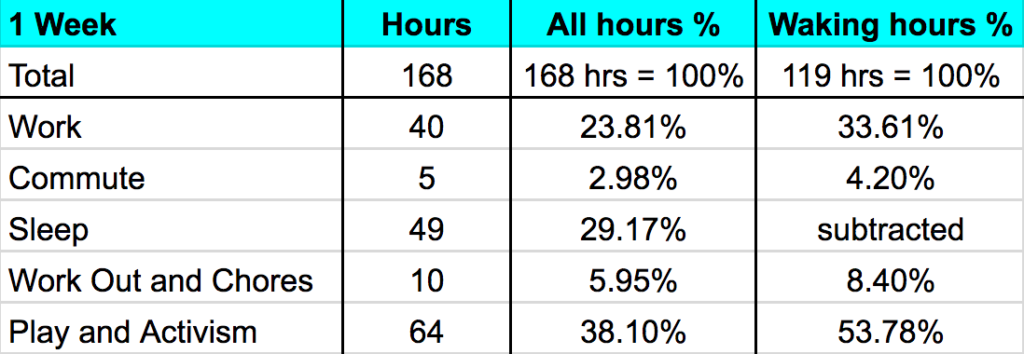
I think it’s fair to say that most of us identify “ourselves” as who we are in our personal lives aka free time. Work is full of bureacracy, corporate ladders, non-personal clothing, and is a dehumanizing process of selling our labor for wages. But when we spend just under a fourth of our time at work (and nearly a third of our waking hours), I don’t think we can necessarily write it off as “not who we really are”. For me, this was the biggest reason for reconciling my personal beliefs with my career. ^
It’s also exhausting to spend our limited “free” time volunteering, organizing, being politically active, etc. Appealing to the lazier psyche and selfish altruism, working toward a just cause professionally allows you to relax more after work (and still be more of an activist than you would be if you attended every rally).
Why tho? Pleasure vs. Happiness
There are many social psych experiments that have studied the effects of exposing participants to money-related words/topics/objects (money priming) versus control groups (given random non-money-related stimuli) which then measured the differences in people’s behavior. One recent study published in a highly respected journal found that when people are primed with money, they feel less connectedness and act less prosocially. Another recent study concluded that money priming also causes people to be less: interpersonally attuned, caring, warm, and interdependent.
In addition to connection, I want to feel satiated – something that the ever-wanting, ever-purchasing capitalist dream inherently cannot provide (and some say detracts from). I still enjoy commodities, #notamonkyet, but I can attest that distancing my happiness from capital allows my happiness to raise higher than my next raise ever will.
This all culminates in the ultimate goal of seeking happiness, not just pleasure. In his best-selling book, The Hacking of the American Mind, Dr. Robert Lustig explains the 7 main differences between happiness and pleasure from the perspective of a neuroendocrinologist:
- Pleasure is short-lived; happiness is long-lived.
- Pleasure is visceral; happiness is ethereal (felt above the neck).
- Pleasure is taking; happiness is giving.
- Pleasure can be achieved with substances; happiness cannot be achieved with substances.
- Pleasure is experienced alone; happiness is experienced in social groups.
- The extremes of pleasure all lead to addiction, whether they be substances or behaviors (social media use, pornography, gambling). Yet there’s no such thing as being addicted to too much happiness.
- Finally and most importantly, pleasure is tied to dopamine (the pleasure biochemical/neurotransmitter), and happiness is tied to serotonin (the happiness biochemical/neurotransmitter).
Takeaway: “
How even?
This is not to say that if you are a professional athlete you need to quit your job and pursue a social justice desk job; Colin Kaepernick has shown us there are ways to do both – live your fullest life while also fighting for others to do the same. So whatever your niche, work toward refining those skills. Gain knowledge, credibility and influence to help redefine your field toward mission-driven solutions. If the main barrier to pursuing idealist work is a pay cut, consider Maslow’s hierarchy of needs, and assess whether you are able to self-actualize yet.
Change the system and/or Change your job –> Change lives / Maximize your effect on Earth –> Live your fullest life / Live forever through your accomplishments and those that remember you
-Nanarchy
Helpful websites: Idealist.org and 80,000 hours
